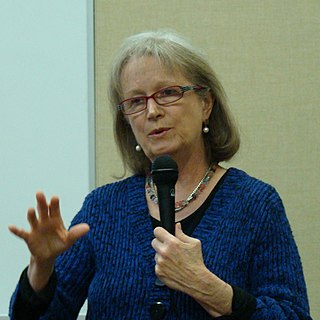A Quote by William Ralph Inge
Faith is an act of self-consecration, in which the will, the intellect, and the affections all have their place.
Related Quotes
The very act of faith by which we receive Christ is an act of the utter renunciation of self, and all its works, as a ground of salvation. It is really a denial of self, and a grounding of its arms in the last citadel into which it can be driven, and is, in its principle, inclusive of every subsequent act of self-denial by which sin is forsaken or overcome.
We don't always possess faith in the sense of having a clear embodiment of something to hang on to. The relationship between the intellect and faith is a very curious one. Sometimes the intellect can point us to faith, sometimes the intellect can stand in the way of faith. Sometimes, as St John of the Cross points out, we have to darken or blind the intellect in order to have faith.
Sin also carries on its war by entangling the affections and drawing them into an alliance against the mind. Grace may be enthroned in the mind, but if sin controls the affections, it has seized a fort from which it will continually assault the soul. Hence, as we shall see, mortification is chiefly directed to take place upon the affections.
In the isolation of his clear, cold intellect, the sceptic abides in a glacial and spectral universe. No glow from the affections lights up the frost and shadow of the grave. He feels no prophecy in the thrill of the human heart-in the incompleteness of nature. He believes merely in things tangible, and sees only in the daytime. He will not confess the authenticity of that paler light of faith which was meant to shine when the sunshine of reason falls short, and the firmament of mystery is over our heads.
Natural ability and educational advantages do not figure as factors in this matter of prayer; but a capacity for faith, the power of a thorough consecration, the ability of self-littleness, an absolute losing of one's self in God's glory and an ever present and insatiable yearning and seeking after all the fullness of God.
I have said that science is impossible without faith. ... Inductive logic, the logic of Bacon, is rather something on which we can act than something which we can prove, and to act on it is a supreme assertion of faith ... Science is a way of life which can only fluorish when men are free to have faith.
We waited for Congress to act. They couldn't act on the issue. So I just went ahead and signed an executive order which will unleash - [applause] - which says the federal agencies will not discriminate against faith-based programs. They ought to welcome the armies of compassion as opposed to turning them away.



































